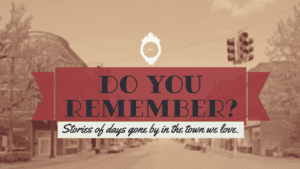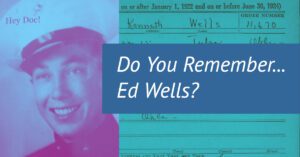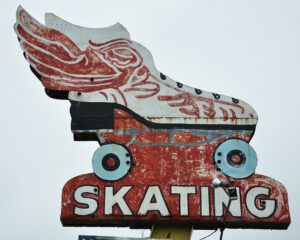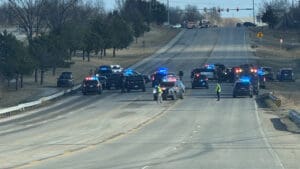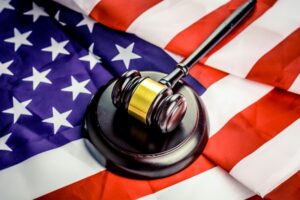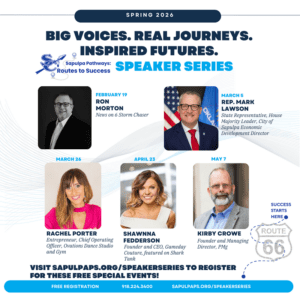Publisher’s note: What originally started as a single story, has now blossomed into it’s own new miniseries! Stay tuned as we take a look at all the different facets of the 1960s that impacted our world.
—
It has been often said that if you remember the sixties, you really weren’t there. I must respectfully disagree. I do remember the sixties and I most definitely “was there.” The sixties was a decade of transformation and turmoil, and perhaps the most memorable of the 20th Century.
The sixties ushered in the third decade of geopolitical tensions with the Soviet Union (Russia) known as the “Cold War.” Both sides were immensely distrustful of each other.
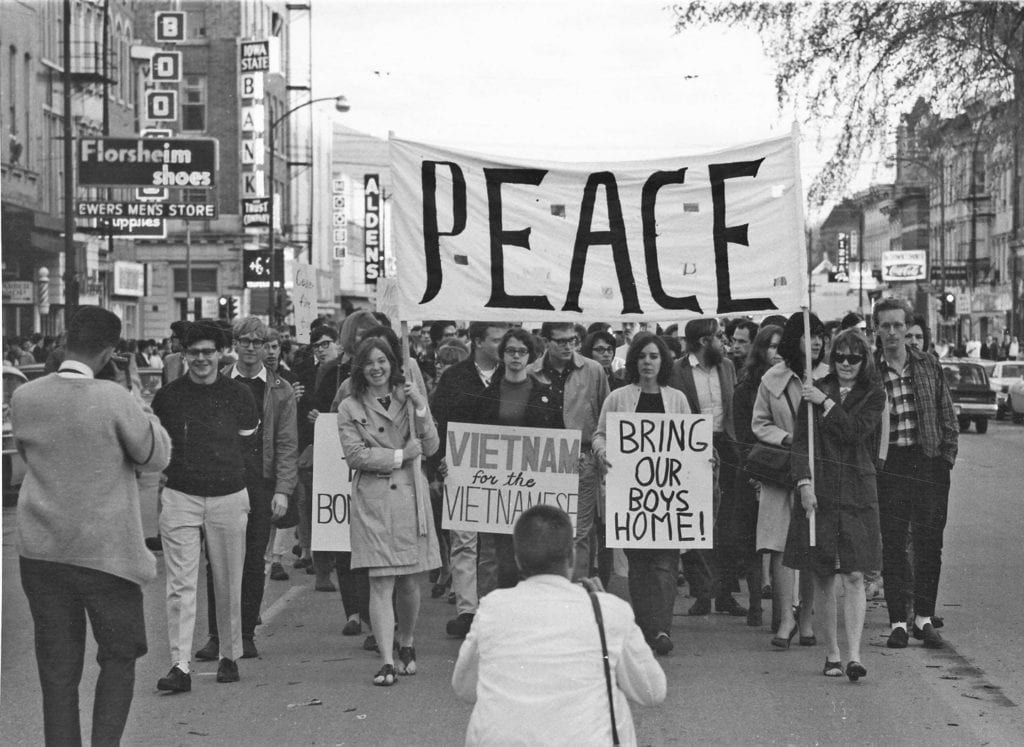
In May of 1960, Gary Francis Powers, flying a U-2 spy plane, was shot down by a Soviet missile while performing photographic reconnaissance in Soviet territory.
John F. Kennedy was inaugurated as the 35th President on January 20th, 1961. I was only 10 but I vividly remember two profound passages from his inaugural speech: “And so, my fellow Americans: ask not what your country can do for you, ask what you can do for your country.”
And, “My fellow citizens of the world: ask not what America will do for you, but what together we can do for the freedom of man.”
A failed attempt to overthrow Cuban Dictator, Fidel Castro, took place in 1961. This operation was covertly funded by the U.S. government and led to a shift in foreign relations between the Soviet Union, Cuba, and the U.S.
In response to the Bay of Pigs invasion and the placement of Jupiter missiles in Turkey, the Soviets placed intercontinental missiles in Cuba. U-2 missions over Cuba discovered these missile sites, and on October 22nd, the US placed a naval quarantine around Cuba. Kennedy said the U.S. would not allow offensive weapons to be delivered to Cuba, and demanded that the Soviets dismantle existing weapons and send them back to the Soviet Union.
I saw the fear in my father’s eyes as he watched the news. He told my mother that this was going to result in World War III. I remember the “duck and cover” drills at school. I can honestly say that I was terrified that the world was coming to an end. Fortunately, negotiations ensued, the missiles were removed, and the world returned to normal, at least for a year. On November 22, 1963, Kennedy was assassinated in Dallas Texas. I was in Mr. Houghton’s art class when the terrible news came over the intercom. It seemed surreal, I could not believe it; classmates were crying and there was a moment of silence.
Vice-President Lyndon Baines Johnson became President. The 1964 presidential election was quite nasty. LBJ ran a TV ad showing a little girl picking daisies, and a nuclear weapon going off in the background. It implied that his opponent,Senator Barry Goldwater, would involve the U.S. in a nuclear war. The ad made a lasting impression on me. LBJ won, however, and he continued JFK’s work on Medicare and civil rights. Civil rights legislation assuring minority voting rights and Medicare and Medicaid were signed into law by President Johnson.
The darker side of Johnson’s legacy was the Vietnam War. On August 2, 1964, an American Destroyer off the coast of Vietnam, in the Gulf of Tonkin, was attacked by North Vietnamese gunboats. Purportedly, a second attack occurred on August 4th, resulting in America’s full-blown entry into the Vietnam war. As it turns out there was no second attack.
The sixties was a time of cultural revolution. This decade saw a paradigm shift in social mores.
Civil rights demonstrations and protests of the Vietnam war illustrated the fact that the youth of the 1960s questioned authority and rejected their parent’s values. The sixties saw the advent of the feminist movement and the introduction of the birth control pill leading to the “sexual” revolution.
At the core of this revolution was the then, highly radical notion, that women, just like men, enjoyed sex and had sexual needs. For feminists, the sexual revolution was about female sexual empowerment. For social conservatives, it was an attack on the family.
The sixties also saw the rise of the “Hippie” movement. Hippies advocated nonviolence and love. A popular phrase at the time was “Make love, not war.” The term “flower child” was commonly used for hippies. They espoused openness and tolerance and abhorred the restrictions placed upon them by mainstream society. They saw society as being dominated by materialism and repression. Hippies developed their own lifestyle, “communing with nature” and dropping out of society. Men wore their hair long, women wore granny dresses, and sandals replaced shoes.
Many experimented with the mind-altering drug LSD, as a means of “expanding” one’s consciousness. The term psychedelic was coined to refer to the effects of LSD. Recreational drug use was prolific and there was a symbiotic relationship between the music at the times and drugs.
I turned 16 in 1966, got my driver’s license, and bought my first car. I considered that year my teenage emancipation since I had the freedom to go wherever I wanted.
The year 1967 not only saw the summer of love but the first Arab-Israeli war.
The last two years of the sixties were arguably the most historic years in modern history. Martin Luther King Jr. and Robert Kennedy were both assassinated in 1968. In the same year, North Korea captured the USS Pueblo, a naval intelligence ship operating in international waters off the coast of North Korea. One crew member was killed, and the 82 surviving crew members were captured. After months of negotiations, they were released, but the ship was not. The Apollo 8 mission sent astronauts in an orbit around the moon.
1969 was definitely the most memorable year of that decade for me. I graduated from high school, watched Neil Armstrong walk on the Moon, and utter those famous words, “That’s one small step for man, one giant leap for mankind.” It was also the year that I transformed from an introvert into an extrovert and was able to successfully interact with the opposite sex.
I must confess I never participated in the hippie culture—I missed out on free love and drugs since I was a complete nerd. I did, however, grow my hair to my shoulders, wore balloon-sleeve shirts, bell-bottom pants, and was an ardent fan of the music during that period.


